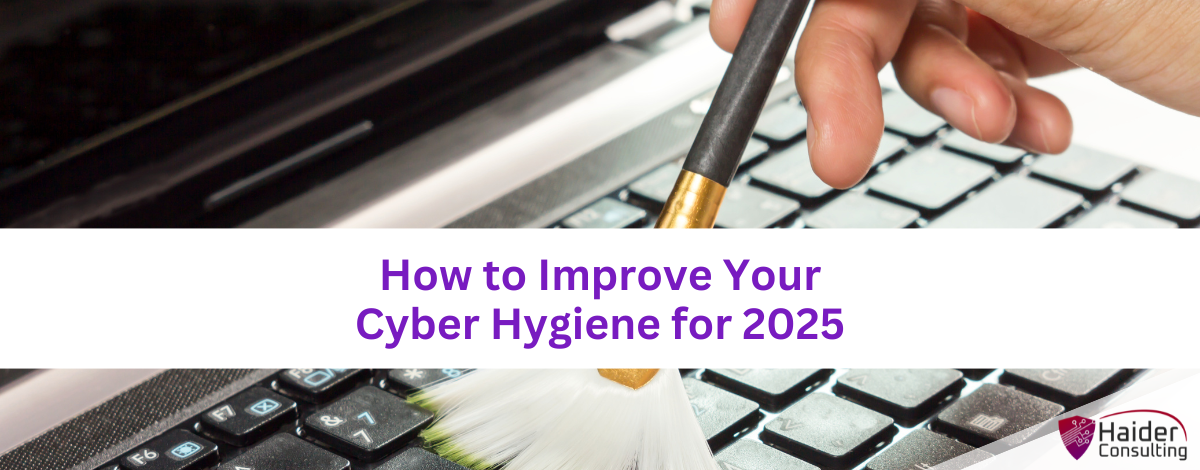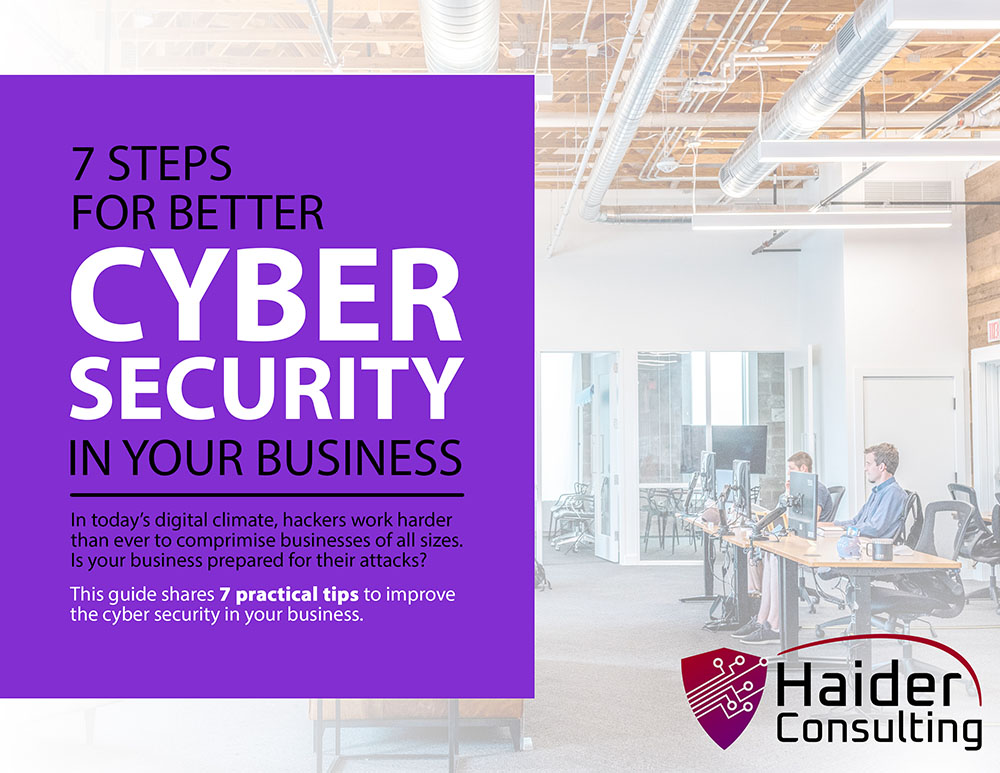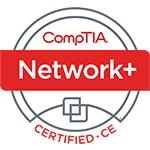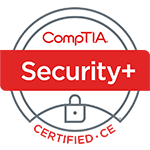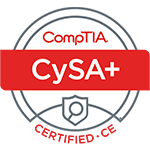Cyber hygiene is crucial—it’s essentially keeping your online life as clean and protected as your physical health.
Just like you brush your teeth to prevent cavities, practicing good cyber habits protects you from hackers. Let’s explore some simple strategies to maintain your online safety in 2025.
What is Cyber Hygiene?
Cyber hygiene involves regular routines to ensure the security and health of your digital data and devices. Like washing your hands helps ward off germs, effective cyber practices prevent digital threats like viruses and unauthorized access.
Why is it Important?
Online criminals constantly develop new methods to steal information or damage your electronic devices. Implementing strong cyber hygiene is crucial—it safeguards your personal data, keeps your digital environment secure, and ensures your devices function smoothly.
So ready to start improving your cyber-habits? Here’s a few simple steps you can take.
1. Improve Your Passwords
Improving your passwords is crucial for securing your digital identity. Think of passwords as the keys to your online house—the stronger they are, the safer you are. Here’s how to enhance them:
Use Long Passwords
Longer passwords are tougher for cybercriminals to crack. Consider using pass phrases that are meaningful to you, which are easy to remember but hard for others to guess. For example, “I love eating pizza on Fridays!” makes a stronger password than “pizzaFridays” and will take much longer for hackers to crack.
Mix it Up
To make your passwords even stronger, incorporate a variety of characters. Include uppercase and lowercase letters, numbers, and symbols. For instance, transforming “I love eating pizza on Fridays!” into “I<3EatingPizza0nFridays!” increases its complexity and security.
Don’t Reuse Passwords
Always use a different password for each of your accounts. This way, if a hacker discovers one password, they won’t have access to your other accounts. Unique passwords for each site or service keep your other accounts secure even if one is compromised.
2. Update Your Software
Updating your software is crucial for keeping your digital devices healthy and secure, much like a flu shot protects you from illness. Here’s why keeping your software up-to-date is essential:
Fix Security Vulnerabilities
Software updates often include patches that fix security holes in your programs. These vulnerabilities, if left unaddressed, are openings that cybercriminals can exploit to gain unauthorized access to your system. Regular updates close these openings and enhance your security.
Gain New Features
Beyond security, updates can enhance your applications with new features and improvements. These can make your software run smoother, faster, and more efficiently, or add completely new functionalities that improve your experience.
Enable Automatic Updates
To simplify the update process, enable automatic updates whenever possible. This setting ensures that your software stays current without you having to manually check and apply updates. It’s a convenient way to ensure you’re always protected and enjoying the latest software enhancements.
3. Use Two-Factor Authentication (2FA) Everywhere
Two-factor authentication is like adding an extra layer of security by using two locks instead of one. This makes it significantly harder for intruders to gain unauthorized access. Here’s a breakdown of how it works:
Understanding 2FA
2FA requires two forms of verification to prove your identity. Typically, the first form is your password. The second could be a code sent to your phone, a fingerprint, or even facial recognition.
The Importance of 2FA
Using just a password might not be enough, as it can be stolen or guessed. With 2FA, even if someone has your password, they can’t access your account without the second form of verification. It’s an essential layer of protection for your digital security.
Implementing 2FA
It’s wise to enable 2FA on all critical accounts, such as your email, bank accounts, and social media profiles. This simple step can greatly enhance the security of your personal information.
4. Staying Secure on Public Wi-Fi
Public Wi-Fi networks are convenient but can expose you to significant security risks, similar to having a conversation that anyone could overhear. Here’s how to protect yourself:
Use a VPN
A Virtual Private Network (VPN) acts like a private tunnel for your internet connection. It encrypts your data, keeping it secure from eavesdroppers, even when you’re on a public network.
Avoid Sensitive Transactions
Refrain from performing sensitive tasks like banking or shopping on public Wi-Fi. Wait until you can connect to a secure, private network to ensure your personal details remain confidential.
Disable Auto-Connect
Turn off the auto-connect feature on your devices to prevent them from connecting to potentially unsafe Wi-Fi networks automatically. This helps avoid the risk of connecting to fraudulent networks designed to steal your information.
5. Spot Phishing Scams and Stay Safe
Phishing is like a con artist pretending to be someone you trust to steal your information. Learning to recognize their tricks can keep you from falling into their trap. Here’s how to stay alert:
Examine the Sender
Always check who sent the email or message. Scammers often use fake names or email addresses that look close to the real thing but are slightly off. For example, instead of “support@company.com,” it might say “supp0rt@compamy.com.”
Be Cautious with Links
Hover your mouse over links (or press and hold on mobile) to see where they lead. If the URL looks strange or doesn’t match the official site, don’t click it. A safe practice is to type the company’s website directly into your browser instead.
Watch for Urgent Language
Scammers love to pressure you. They might say things like “Act now or lose your account!” Legitimate companies usually give you time and don’t demand immediate action. Stay calm and verify before responding.
6. Back Up Your Data
Backing up your data is like having a safety net for your digital life. If something goes wrong, like losing files or a cyberattack, backups ensure you don’t lose everything. Here’s why backing up is essential:
Protection Against Ransomware
Ransomware locks your files and demands money to unlock them. But if you have backups, you can ignore their demands and restore your data without paying.
Recover from Mistakes
Everyone accidentally deletes or overwrites something important now and then. Backups make it easy to recover those files without stress.
Follow the 3-2-1 Rule
A smart backup strategy is the 3-2-1 rule:
- 3 copies of your data: One primary and two backups.
- 2 types of storage: For example, an external hard drive and cloud storage.
- 1 off-site copy: Keep a backup in a different physical location, like a secure cloud service.
By following this plan, your data stays safe from accidents, attacks, or hardware failures.
Boost Your Cyber Hygiene and Stay Safe Online
Maintaining good cyber hygiene is essential in 2025 to keep cybercriminals at bay. Here are some key practices to protect yourself:
- Use Strong Passwords: Create complex passwords for better security.
- Update Your Software Regularly: Keeping software up-to-date fixes vulnerabilities that could be exploited.
- Use 2FA Everywhere: Wherever possible, use two factor, or multi factor authentication on your accounts.
- Be Cautious on Public Wi-Fi: Avoid sensitive activities like banking or shopping on public networks.
- Stay Alert to Phishing Scams: Be skeptical of unexpected emails and always verify their sources.
- Back Up Your Data: Regular backups can save you from data loss due to ransomware or accidental deletions.
Interested in learning more about how to protect yourself online? We’re here to help! Contact us for further tips on cyber hygiene and safeguard your digital life more effectively. Together, we can make your online experience safer and more secure.
Book My 17-Minute Call